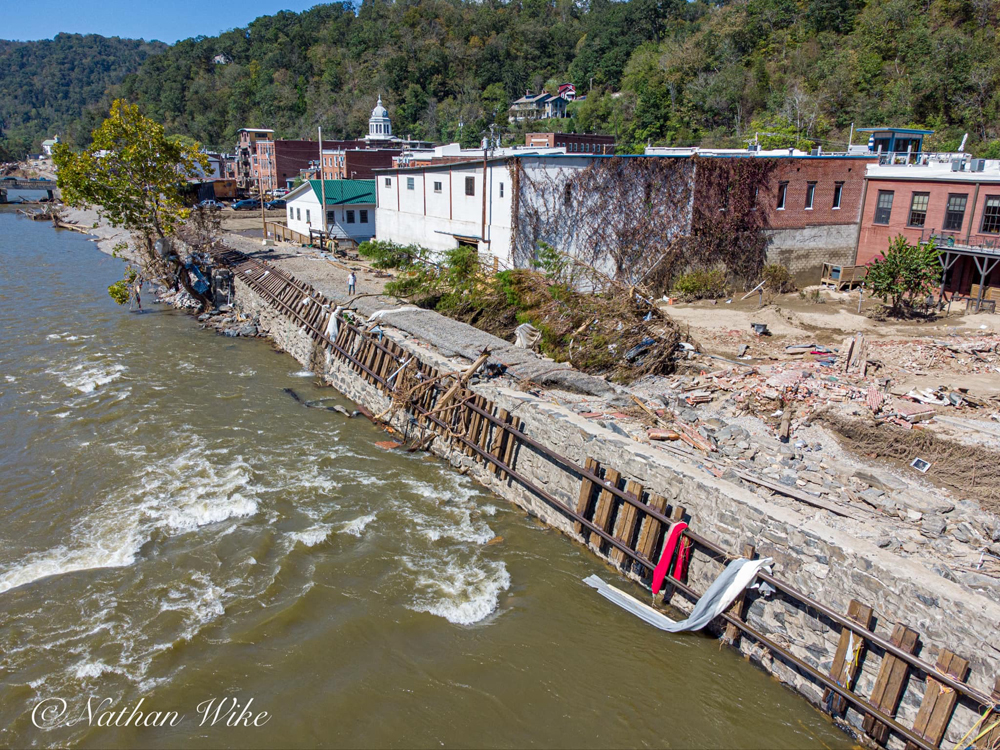
ASHEVILLE, N.C. — Skepticism spread throughout the railroad community after Hurricane Helene’s devastating once-in-a-generation floods wiped out roadbeds, destroyed bridges, and left most of western North Carolina and eastern Tennessee unrecognizable. Some in the industry expressed doubt that CSX and Norfolk Southern would invest the dollars needed to repair widespread damages.
More than 40 miles of CSX’s ex-Clinchfield Railroad between Erwin, Tenn., and Spartanburg, S.C., are gone, including two bridges, and many sections along 50 miles of NS’s ex-Southern S-Line between Marshall, N.C., and Old Fort, N.C., through Asheville, N.C., are washed away.
But railroads don’t have the choice to not rebuild as they did 40 or 50 years ago. Class I railroads have rationalized their networks to the extent that there is very little redundancy, leaving few efficient alternatives in the event of a catastrophic event like Hurricane Helene.
CSX’s outage on the former Clinchfield is requiring coal, merchandise, and bulk trains to detour across the I-64 corridor between Russell, Ky., and Richmond, Va., and then down the Seaboard into Hamlet, N.C., before diverting west toward Charlotte, N.C., and into the western part of the state. This adds several hundred miles.
Choosing not to rehabilitate the Clinchfield would mean CSX has little through-route connectivity between Knoxville, Tenn., and Charlotte, N.C., a distance of more than 250 miles. While there is not a significant amount of carload business or through coal trains on this route compared to 40 years ago, the annualized gross ton-miles are still significant enough to justify the rebuilding, given few favorable alternatives.
NS doesn’t have a choice either. It has already downsized its S-Line as a through route between Morristown, Tenn., and Salisbury, N.C., after trimming operations at its Linwood Yard north of Salisbury. Western North Carolina carloads bound for Watco’s Blue Ridge Southern and NS-served customers in the Asheville region rely on NS trains traversing the Southern from Knoxville, Tenn., east into western North Carolina on the French Broad River. Through trains no longer operate east of Asheville, and south of Asheville, across Saluda Grade, is no longer an option. In order to preserve rail access to the area, NS has to rebuild in at least one direction from Asheville.
NS could theoretically choose to only rebuild from Asheville west to Morristown, Tenn., and forego repairs east from Asheville across Old Fort loops. Mixed reports from that area suggest the topography has changed around the loops due to major landslides, and the carving of a new roadbed could be difficult and time consuming. But I still believe we will see trains across Old Fort again.
Also contributing to a likely rebuild is that while there are fewer railroads today, the remaining Class I railroads are large and profitable enough to absorb the costs required to rebuild after large natural disasters.
Hurricane Agnes, which pummeled the Northeast in 1972, caused widespread damage to many smaller and less profitable railroads. Agnes played a contributing role in Erie Lackawana’s decision to file for bankruptcy in 1972 due to significant damage across its network in New York and Pennsylvania. Damage caused by Agnes played a broader role in the government’s intervention and the creation of Conrail, which helped repair and rebuild damaged rail lines.
These two factors are why I believe CSX and NS will rebuild. Because railroads’ circumstances are different than they were a generation ago, this is possibly the first time in modern history that we’ll witness a large section of a railroad being completely rebuilt.







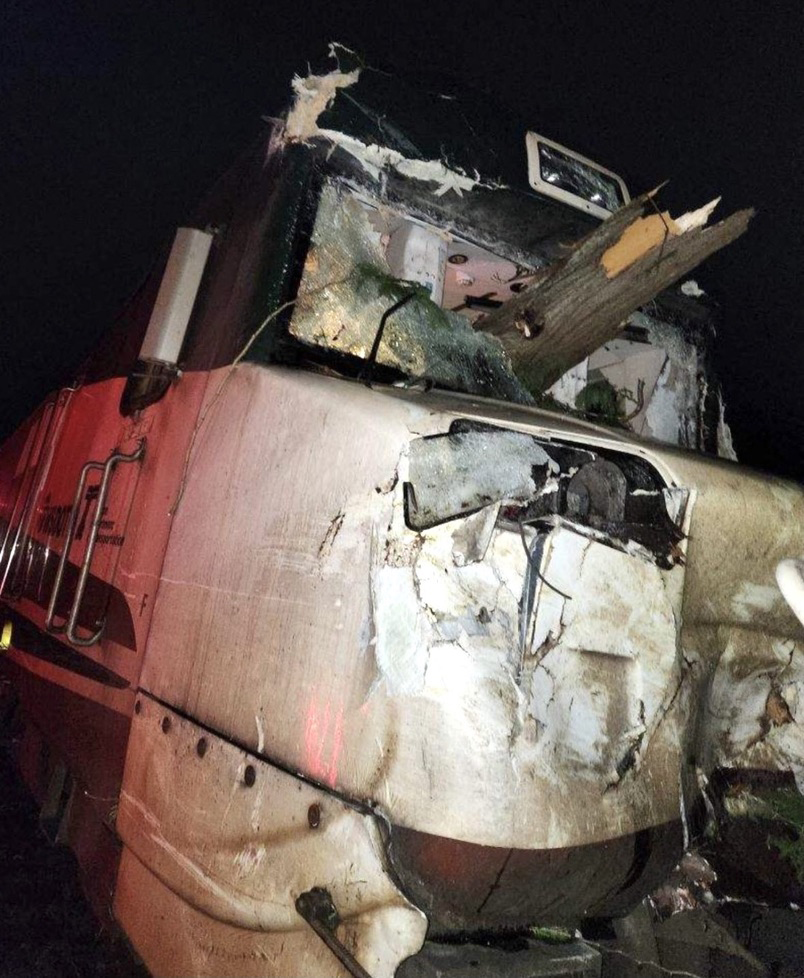
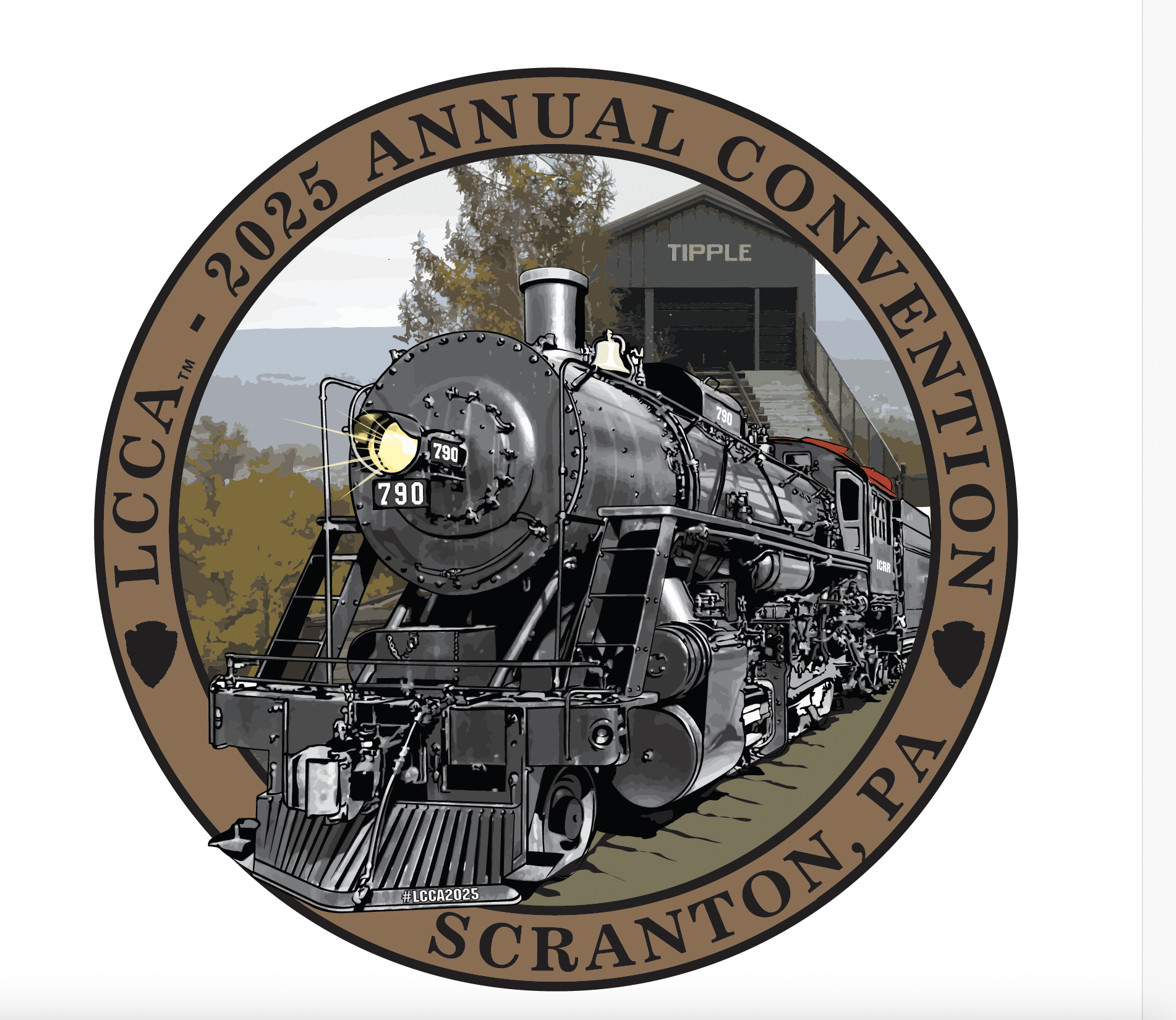
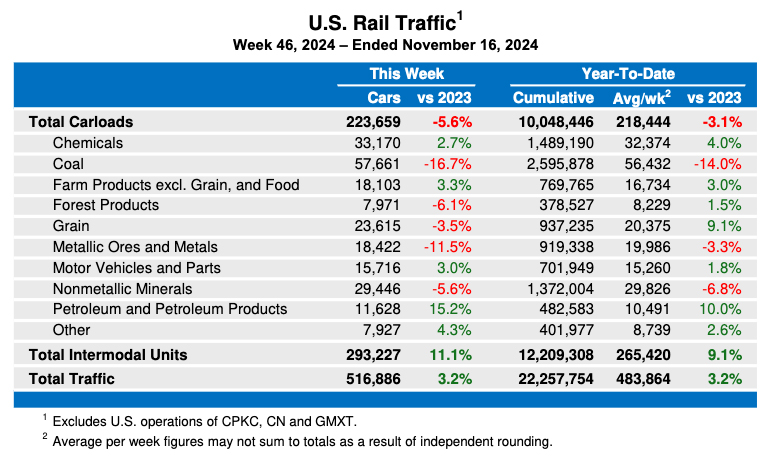



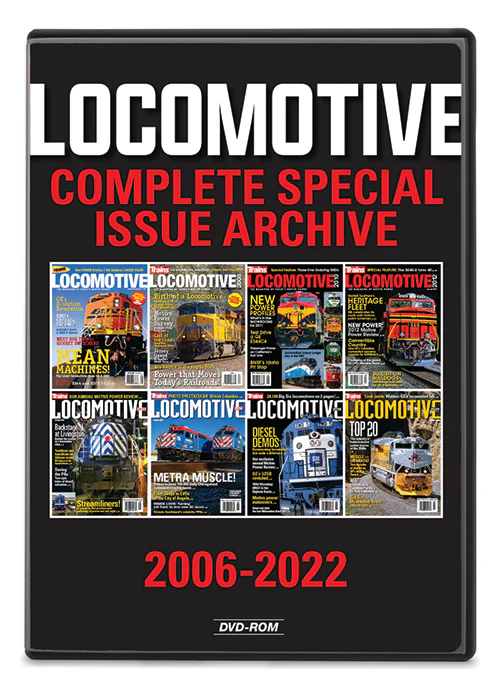
Depends on what you define as “modern history.” The Pennsylvania Railroad had extensive rebuilding to do after the railroad riots of 1877 and the Johnstown Flood of 1889.
The exact same two railroad lines in this story, Clinchfield and Southern, were rebuilt after the flood of 1916. 108 years ago. Almost the exact same damage. Almost the exact same locations on these two lines.
Agnes caused the permanent loss of some branch lines in PA. I’d be surprised if Helene didn’t do the same.
One thing that may possibly ‘?’ help to preserve / restore the NS S-line is the state of North Carolina’s interest in restoring passenger service (Salisbury to Asheville) to the region.
A very good point. NC does seem to have a positive vision for passenger rail.